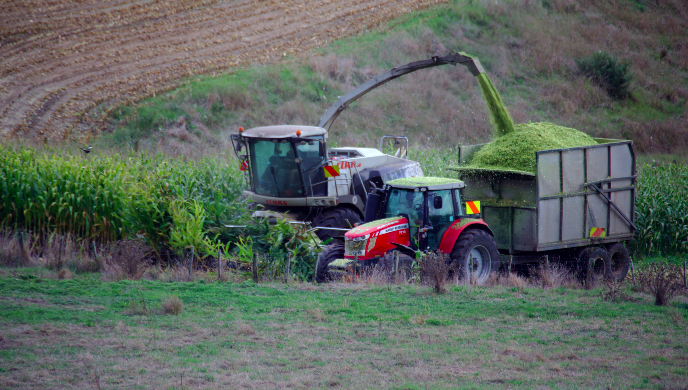
Agriculture, the third-largest contributor to Indonesia’s economy, provides livelihood to millions of its people. As per a 2018 survey, nearly 33.5 million farmers from across the country are engaged in agricultural activities, of whom eight million are females. Nearly 4.5 million of them are connected to the internet, with 725,000 being females.
In 2018, Indonesia spent IDR30.1 trillion (US$2.18 billion) for the development of agriculture. This suggests the government is serious about the growth of the industry.
The advent of technology in agriculture
The strong growth of the agri sector has opened a plethora of opportunities for innovators and tech companies. The beginning of the last decade saw the emergence of several startups, which promised to address the inefficiencies in the sector and increase the yield for farmers using hardware and software solutions. Although they failed to make a mark in the beginning, continuous awareness campaigns by the private sector and government clicked. As a result, the industry saw a gradual adoption of technological solutions by small farmers.
A nation-wide programme, called “Hackathon Merdeka”, was held in 2015, which raised the issue of food and agriculture in Indonesia.
Also Read: Singapore Budget 2020 and what it means for the tech ecosystem this year
The event was supported by the Office of President of Indonesia, Kemenkominfo, Kemendag, Kemenkopolhukham, and was organised by the developer community Code4nation in partnership with East Ventures. This also worked in favour of the startups operating in the space.
Opportunities
The opportunities for agritech startups in Indonesia are aplenty. A large growing population, with a fast-expanding middle-class, is any startup’s dream market. As the domestic market grows, it will have a higher domestic consumption of food. This is what startups are attempting to leverage.
According to Pamitra Wineka, Co-founder of TaniHub, an e-commerce platform that connects farmers with the consumers, Indonesia needs to make food security a priority since it is now a net importer of agricultural products. Hence, there is an opportunity for agritech to help increase yield and productivity.
In addition, a majority of the food crop imports are for animal feed. Hence there is a room for domestic production of alternative animal feed as well.
Melisa Irene, Partner at East Ventures, says there exist massive opportunities in the retail/consumer segment to increase the efficiency between supply and demand.
Which are the most active agritech startups?
As per our research, the list of the most active agritech startups in the country include 8villages, Aruna, Crowde, Eden Farm, eFishery, Eragano, HARA, iGrow, Jala, Kedai Sayur, MSMB, Minapoli, Sayurbox, TaniHub.
Among these, TaniHub, Kedai Sayur, eFishery, Eden Farm, and Crowde are top-funded.
500 Startups and East Ventures, with three investments each, are the most active VCs. Other notable investors are Golden Gate Ventures, Insignia Ventures Partners, Intudo Ventures, among others.
e27 has prepared a well-researched and in-depth report on Indonesia’s agritech industry and it has many other details and insights and comments from multiple industry leaders. The report will be released next week.
Stay tuned.
Photo by Jan Kaluza on Unsplash
The post Indonesia’s agritech industry is at an inflection point appeared first on e27.